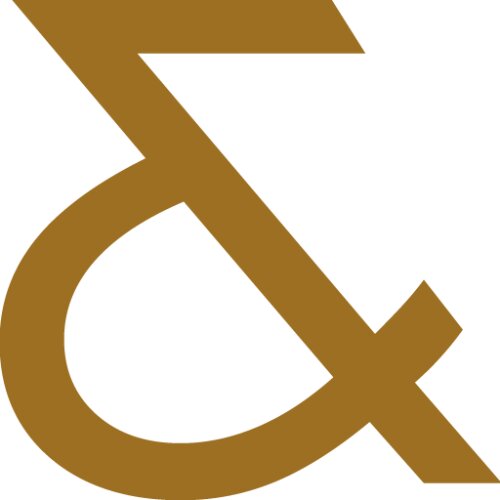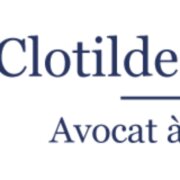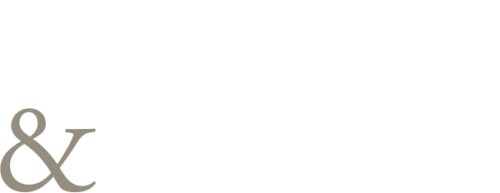Best Whistleblower & Qui Tam Lawyers in France
Share your needs with us, get contacted by law firms.
Free. Takes 2 min.
Or refine your search by selecting a city:
List of the best lawyers in France
About Whistleblower & Qui Tam Law in France
In France, whistleblower protection and qui tam laws are designed to safeguard individuals who report misconduct, fraudulent activities, or violations of the law within organizations. While the term "qui tam" is not explicitly used in French law, similar mechanisms exist under different legal frameworks. The French legal system provides protection for whistleblowers to encourage transparency and accountability, particularly within corporate and governmental settings. The Sapin II Law, established in 2016, marked a significant milestone in enhancing whistleblower protections in France, offering safeguards against retaliation and providing a framework for reporting misconduct.
Why You May Need a Lawyer
There are numerous situations where individuals may require legal assistance in the realm of whistleblower and qui tam. These include reporting illegal activities within a corporation, experiencing retaliation after disclosing misconduct, seeking to understand their legal protections and rights as a whistleblower, or engaging in a qui tam action under French law. Legal help is crucial to navigate complex legal frameworks, ensure that whistleblowers are adequately protected, and to provide guidance on the proper channels for reporting misconduct. Additionally, for those involved in legal proceedings related to these matters, a lawyer can contribute significant expertise and representation.
Local Laws Overview
The local laws in France that pertain to whistleblowing and qui tam (in equivalent forms) are largely encapsulated in the Sapin II Law. This law outlines the criteria for whistleblower protection, requiring that disclosures relate to serious violations of the law or threats to public interest. Whistleblowers must make reports in good faith and cannot be motivated by personal gain. The law also sets forth procedures for internal and external reporting and stipulates that organizations implement policies to protect whistleblowers. Furthermore, French labor law provides additional protections against workplace discrimination or termination resulting from whistleblowing activities.
Frequently Asked Questions
What is considered protected whistleblowing activity in France?
Protected activities typically involve reporting violations of law, unethical practices, or threats to public interest in accordance with the Sapin II Law.
What protections are available for whistleblowers in France?
Whistleblowers are protected from retaliation, including dismissal and discrimination. Legal frameworks also ensure their confidentiality when making reports.
How can someone report misconduct under the Sapin II Law?
Reports can be made internally within an organization or externally to relevant authorities, following the proper procedures set out by the Sapin II Law.
Are there legal penalties for retaliating against a whistleblower in France?
Yes, organizations and individuals who retaliate against whistleblowers can face legal consequences and may be required to reinstate or compensate the victim.
What is the role of a lawyer in whistleblower cases?
A lawyer provides guidance on legal rights, helps prepare and file reports, and represents the whistleblower in legal proceedings if necessary.
How confidential are whistleblower reports in France?
Confidentiality is a key component of whistleblower protections, ensuring that the identity of the whistleblower is protected to prevent potential retaliation.
Does France offer financial rewards to whistleblowers, as seen in qui tam actions in the US?
No, France does not offer financial incentives similar to US qui tam actions. Whistleblowing is encouraged by protection against retaliation rather than monetary rewards.
Can foreigners blow the whistle on French companies?
Yes, non-French nationals can report misconduct within French companies, although specific legal protections may vary.
What steps should an organization take to comply with whistleblower protection laws?
Organizations should implement clear reporting procedures, provide whistleblower training, and establish policies to protect against retaliation.
Can a whistleblower report anonymously in France?
While anonymity can be challenging, French law does provide certain avenues for anonymous reporting under strict conditions.
Additional Resources
For further information and assistance, individuals can contact the Défenseur des Droits, a governmental body dedicated to protecting the rights of whistleblowers. Additionally, Transparency International France offers guidance and resources for whistleblowers. Legal firms specializing in labor and compliance law can also provide essential support.
Next Steps
If you believe you need legal assistance in whistleblower and qui tam matters in France, it is advisable to consult with a lawyer specializing in this field. Document any instances of misconduct or retaliation thoroughly and seek guidance on the proper procedures for making a report. Ensure you understand your rights and protections under French law before proceeding. Engaging legal counsel can help in navigating the complexities of the legal system and safeguarding your interests.
Lawzana helps you find the best lawyers and law firms in France through a curated and pre-screened list of qualified legal professionals. Our platform offers rankings and detailed profiles of attorneys and law firms, allowing you to compare based on practice areas, including Whistleblower & Qui Tam, experience, and client feedback.
Each profile includes a description of the firm's areas of practice, client reviews, team members and partners, year of establishment, spoken languages, office locations, contact information, social media presence, and any published articles or resources. Most firms on our platform speak English and are experienced in both local and international legal matters.
Get a quote from top-rated law firms in France — quickly, securely, and without unnecessary hassle.
Disclaimer:
The information provided on this page is for general informational purposes only and does not constitute legal advice. While we strive to ensure the accuracy and relevance of the content, legal information may change over time, and interpretations of the law can vary. You should always consult with a qualified legal professional for advice specific to your situation.
We disclaim all liability for actions taken or not taken based on the content of this page. If you believe any information is incorrect or outdated, please contact us, and we will review and update it where appropriate.
Browse whistleblower & qui tam law firms by city in France
Refine your search by selecting a city.

















